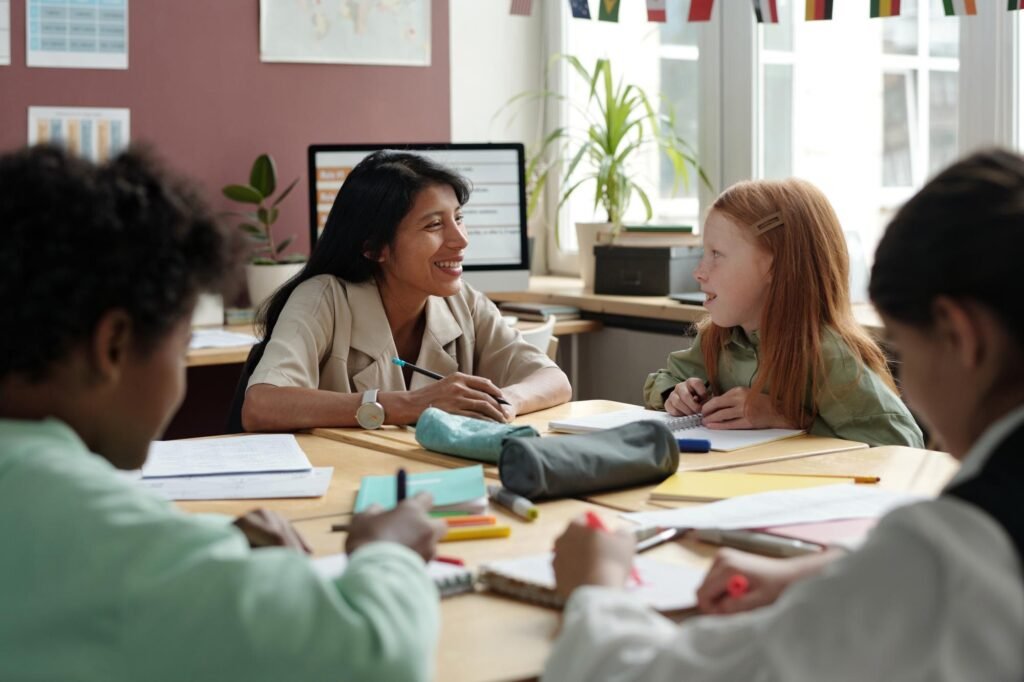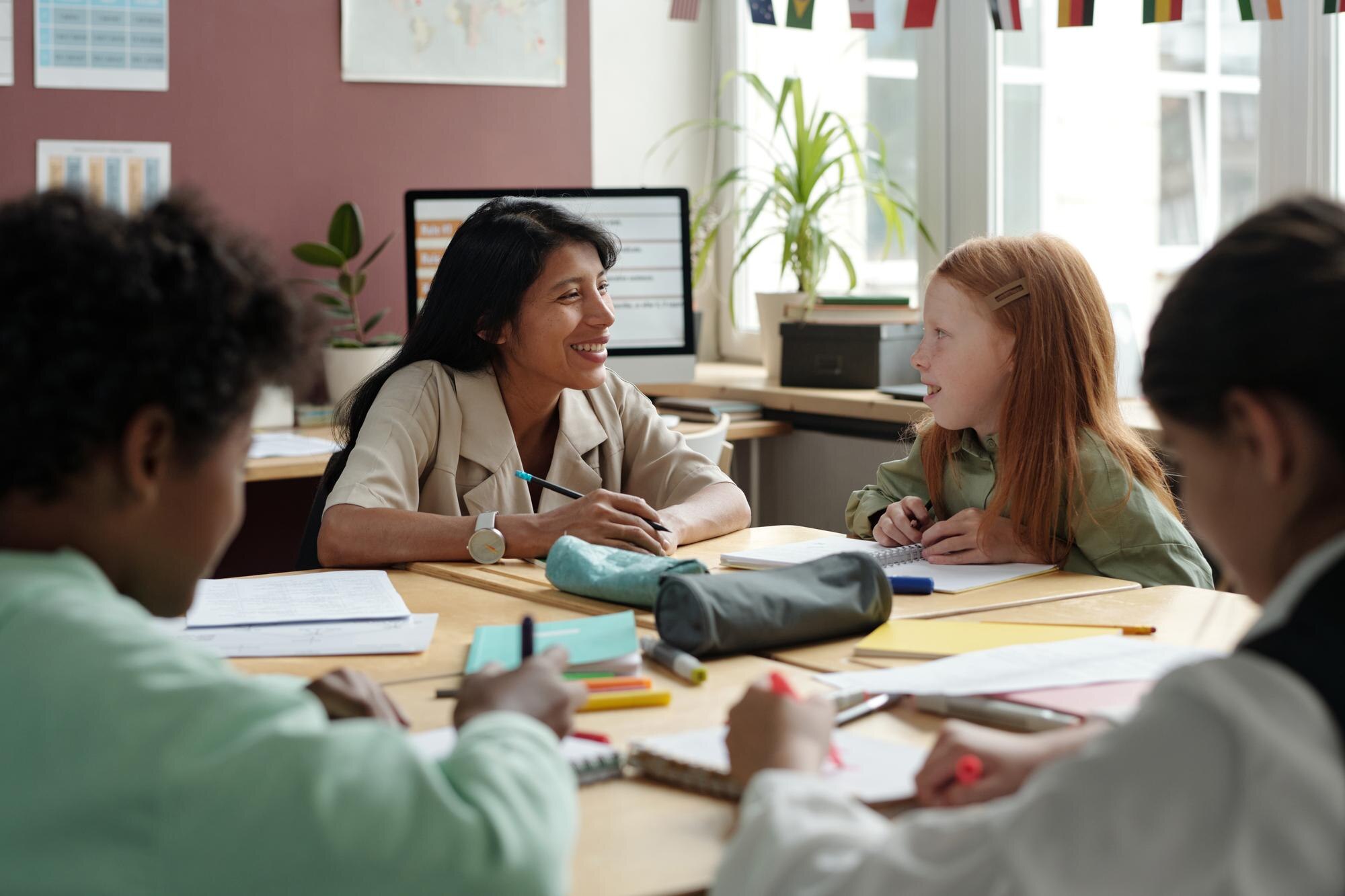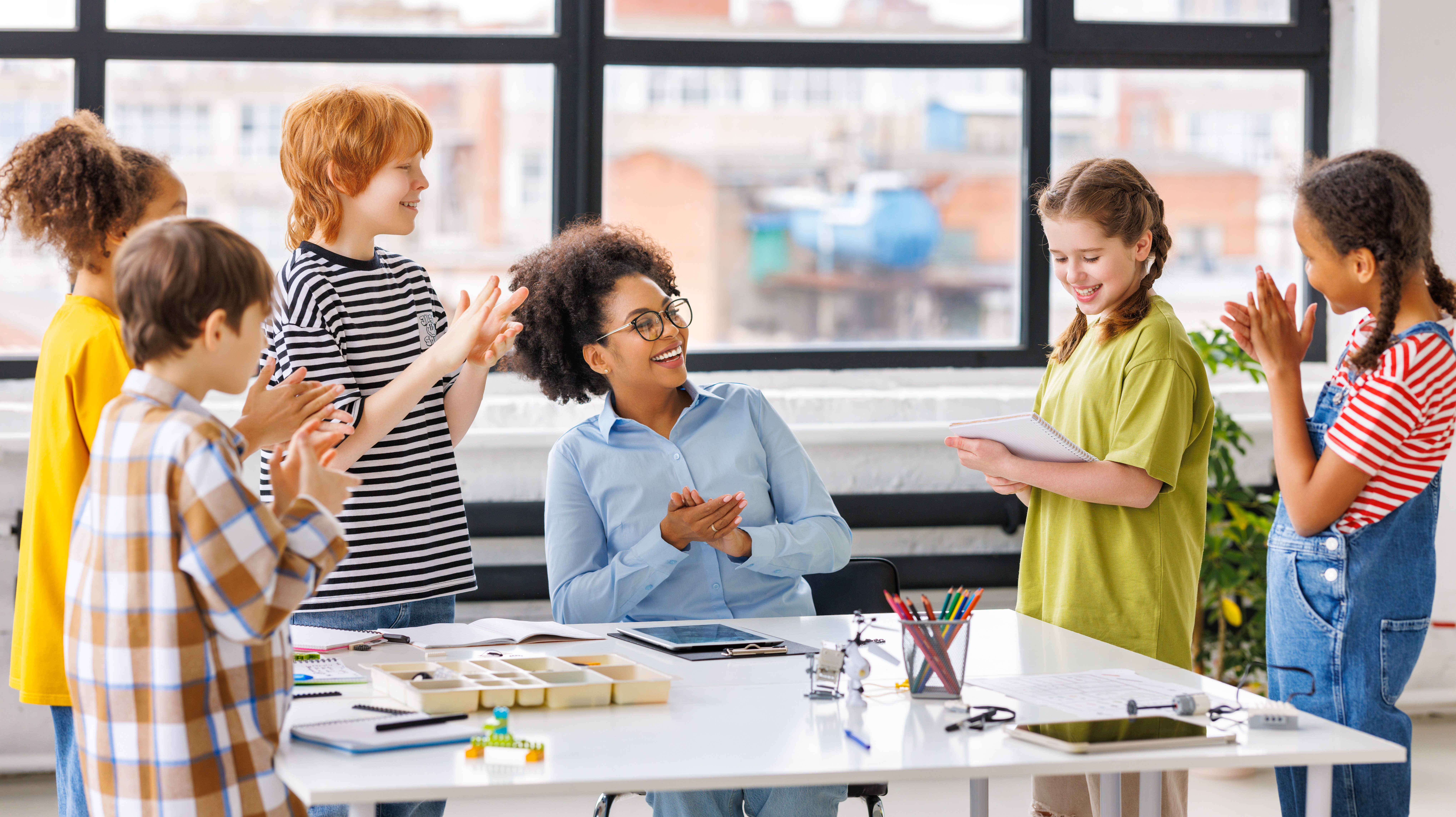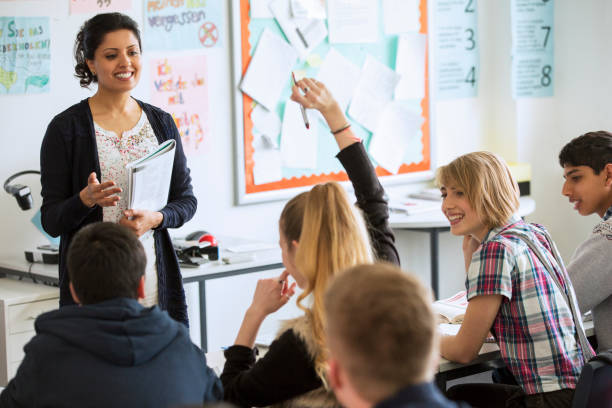
Empowering Gifted Students: Strategies for Educators to Build Resilience and Confidence
Gifted students often face a unique set of challenges that can weigh heavily on their shoulders. As an educator, you might see their potential, yet struggle with how to support their emotional needs. Imagine having a set of strategies that not only build resilience and confidence but also enhance their emotional well-being and academic success. Ready to make a real difference in their lives? Keep reading.
Building Emotional Resilience

Gifted students often grapple with emotional challenges that require targeted support. Building resilience is crucial for helping them manage stress and setbacks. Educators can harness specific strategies to guide these students towards emotional well-being.
Understanding Gifted Student Challenges
Gifted students frequently face unique challenges, including perfectionism, heightened sensitivity, and social isolation. These challenges can impact their emotional health. According to the National Association for Gifted Children, understanding these issues is the first step in building effective support systems.
Perfectionism can lead to anxiety and fear of failure. Educators need to recognize these traits and address them sensitively. Acknowledging their feelings without judgment helps in creating a supportive environment.
Social relationships are another concern, as gifted students may struggle to find peers who share their interests. Encouraging group activities where students can connect based on shared intellectual pursuits can foster a sense of belonging.
Techniques for Emotional Support
Implementing emotional support techniques can transform the learning experience for gifted students. According to the Gifted Challenges blog, educators can employ several strategies to nurture emotional resilience.
Mindfulness Practices: Introduce breathing exercises or mindfulness routines to help manage stress.
Emotional Check-ins: Regularly ask students about their feelings to show they are valued and understood.
Open Communication: Create channels for students to express their concerns freely, fostering trust.
These approaches help students manage their emotions, leading to improved focus and well-being.
Creating a Safe Learning Environment
A safe learning environment is fundamental for emotional growth and resilience. Genie Academy suggests that such environments encourage students to take risks without fear of judgment.
Trust and Safety: Establishing trust is key. Educators should model acceptance and understanding, encouraging students to voice their thoughts and ideas.
Flexible Learning Spaces: Allow students to choose where they learn best. This autonomy supports their unique needs and preferences.
Feedback: Provide constructive feedback that emphasizes growth over perfection. This helps diminish fear of failure, promoting a positive learning experience.
Fostering Self-Confidence

Self-confidence is integral for gifted students, influencing their academic achievement and personal development. Educators can play a pivotal role in fostering this confidence through targeted strategies.
Encouraging Positive Self-Perception
Developing a positive self-perception is crucial for gifted students. The concept of self-worth is often tied to their abilities. The ESC of Central Ohio highlights the importance of helping students see their value beyond academic achievements.
Self-Reflection: Encourage students to reflect on their strengths and areas for growth. This builds self-awareness and appreciation for their talents.
Role Models: Introduce them to successful individuals who have overcome similar challenges. This provides inspiration and perspective.
Affirmations: Encourage the use of positive affirmations to reinforce self-belief and resilience.
Celebrating Achievements and Efforts
Celebrating both achievements and efforts can boost confidence and motivation. Recognizing effort is as vital as acknowledging success.
Recognition Programs: Implement programs that highlight personal growth and milestones.
Feedback: Provide feedback that acknowledges the process, not just the outcome.
Classroom Displays: Create displays that celebrate students’ work, fostering pride and ownership.
These strategies create a culture where effort is valued, and achievements are celebrated.
Building Self-Advocacy Skills
Self-advocacy is an empowering skill that gifted students need to thrive. Teaching them to articulate their needs and seek support is vital.
Role-Playing: Use role-playing exercises to practice expressing their needs in different scenarios.
Workshops: Conduct workshops on communication skills, focusing on articulating thoughts clearly.
Mentorship: Pair students with mentors who can guide them in self-advocacy, offering real-world advice and support.
Practical Educator Strategies

Educators can implement practical strategies to support gifted students’ emotional and academic development. These strategies are designed to be flexible and adaptable to individual needs.
Implementing Personalized Learning Plans
Personalized learning plans cater to the unique needs of gifted students, allowing for tailored educational experiences.
Assessment: Begin with a comprehensive assessment of the student’s strengths and areas for growth.
Goal Setting: Collaborate with students to set realistic and challenging goals.
Resources: Provide access to diverse resources that align with students’ interests.
These plans ensure that learning remains engaging and relevant.
Promoting Collaborative Activities
Collaborative activities encourage social interaction and teamwork among gifted students. These activities can foster a sense of community and shared purpose.
Group Projects: Assign projects that require collaboration and challenge students intellectually.
Peer Learning: Facilitate peer learning groups where students can share knowledge and insights.
Community Engagement: Organize community-based projects that connect students with real-world issues.
Encouraging Reflective Thinking
Reflective thinking encourages students to consider their learning processes and outcomes critically.
Journaling: Encourage students to maintain journals to reflect on their experiences and insights.
Discussion Groups: Hold regular discussion groups where students can share their reflections and learn from peers.
Feedback Sessions: Conduct feedback sessions where students can discuss their reflections and receive constructive input.
Incorporating these strategies helps gifted students develop a deeper understanding of themselves and their learning journey. 🌟

A certified Heal Your Life® Coach with 20+ years in education and emotional development. Supports gifted teens in navigating anxiety, perfectionism, and identity challenges, while equipping parents with practical tools for lasting transformation. Sessions blend emotional healing, mindset mastery, and strategic empowerment.



